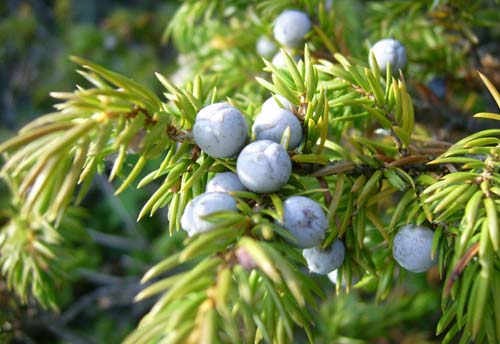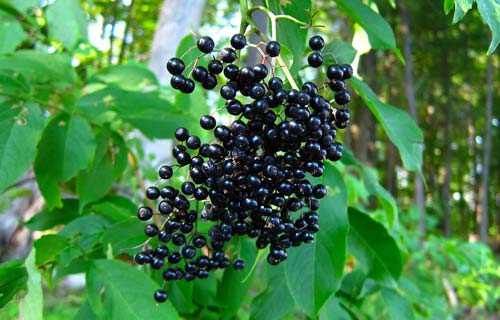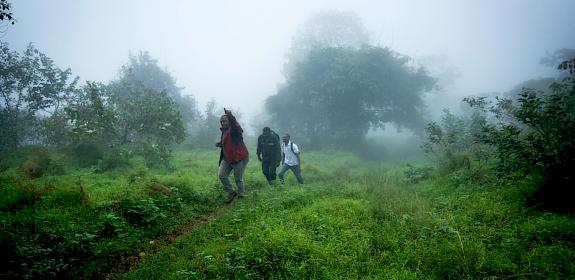Traditional and Wild in Poland
Rzeszów, Poland, 23rd May 2013—The religious and superstitious aspects of wild plant utilization, including the use of Black Elder to ward off evils spirits, was highlighted at an exhibition held as part of a Traditional and Wild project focusing on the use of medicinal plants in Central Europe.

The exhibition, held in the Ethnographic Park of the Museum of Folk Culture, Kolbuszowa, in the Subcarpathia Region of Poland, aims to help maintain the written and spoken heritage of the region concerning the collection and use of local wild plants and was prepared by the “Pro Carpathia” Association, a partner in the
Traditional and Wild project.
According to local folklore, Black Elder Sambucus nigra leaves pinned to the door can ward off witches, demons and other evil spirits, while Black Elder bushes planted around houses acts as a shrine for a Goddess who can be called upon to protect residents through the offering of prayers and gifts. Further household protection came through a belief that Black Elder was never hit by lightening.
Local people also carried smouldering Common Juniper branches Juniperus communis around fields and farms to release their energy to protect both livestock and crops.
“While such beliefs in the magical properties of plants may seem outdated today, their existence is part of the region’s rich heritage that deserves to be preserved and is testament to the strong association of local people with wild plants,” said Kristina Rodina, Medicinal Plant Officer with TRAFFIC in Europe.

More than 15 participants from partner organizations in the Traditional and Wild project, including TRAFFIC and WWF Hungary, visited the exhibition during a recent meeting held in Rzeszów to discuss the development of products such as jams, dried fruits, oils and teas made using traditional methods from local wild plant ingredients.
Training materials including a “toolbox” on the collection, cultivation and techniques for processing wild plant species was distributed to meeting partcipants. The materials will be used to help build up the entrepreneurial skills of local people and create employment opportunities in Central Europe as part of the ongoing project.
Included is information on how to ensure wild plant collection is carried out sustainably through implementation of the FairWild Standard and the toolbox is targeted at scientific and educational institutions, governmental and non-governmental organizations, and other stakeholders working with or interested in wild plant resources.
“It is truly inspiring that the traditional knowledge about the collection of wild plants and their use is being revived and preserved in Central Europe today,” said Rodina.

The Traditional and Wild project is implemented through the CENTRAL EUROPE Programme co-financed by the ERDF




